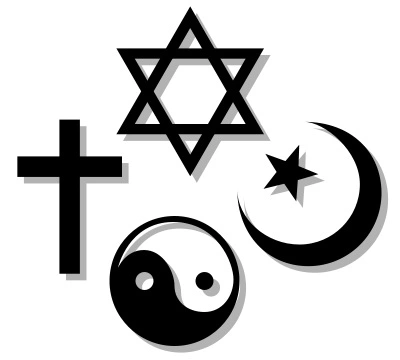dreams and religion
Publié le 22/02/2012

Extrait du document

Dreams of religious signifi
cance. Dreams have been thought to have spiritual
importance in many traditions. The 19th-century
anthropologist Edward Tylor, in fact, thought
that the origin of religion lay in the experience of
dreams. It seemed natural to think that fi gures
appearing in those mysterious nighttime adventures
might be gods or spirits of ancestors, and
that their words or stories might bear divine messages.
The ability to interpret dreams rightly was
also a divine gift. In the biblical book of Genesis,
JOSEPH was able to win his freedom from prison by
rightly predicting the fate of two fellow-prisoners
from their dreams, and then foretelling the seven
good years and seven lean years on the basis of
pharaoh's dream. In the NEW TESTAMENT another
Joseph, the spouse of MARY the mother of JESUS,
was told by an ANGEL in a dream that her child
was conceived by the Holy Ghost, and later was
warned in the same way to take the infant to Egypt
and avoid the wrath of Herod. The Greeks and
Romans also considered dreams to be messages
from the gods, though they recognized they were
not always reliable. Penelope, in a famous passage
in The Odyssey, said that there are two gates
through which dreams pass: the gate of ivory,
whose dreams are deceitful, and the gate of horn,
whose dreams are true. The ancients, like the
Chinese more recently, would also practice incubation
or sleeping in a temple in order to receive
advice from a god through a dream. CHRISTIANITY
has sometimes seen dreams as a means of divine
revelation, but has also recognized that demons
can tempt the unwary through dreams.
The hazy and fl eeting nature of dreams has
also had religious meaning. Buddhist literature
such as the DIAMOND SUTRA has spoken of this
world with its empty attractions as like a dream,
a phantasm, a bubble, a shadow, a dew-drop, and
a fl ash of lightning. Here dreams mean not revelations
of truth, but illusion and unreality. Yet Eastern
accounts have also presented positive experiences
of dreams, and there are advanced yoga
techniques for controlling and using them.
Twentieth-century analytic psychology in the
tradition of Carl Gustav JUNG has given dreams a
renewed spiritual importance as mirrors or indicators
of what is going on in one's psychic and spiritual
life. Jung pointed to the marked similarity of
the symbolic language of dreams to the language
of the world's mythologies and religions, showing
that, rightly understood, one's dreams could be
like a personal story telling what is needed to fulfi ll
one's life. Other modern psychologists, however,
have said there is very little of real importance in
dreams, thus closing the door on a venerable religious
tradition. In any case, dreams have always
been important in the myths and religions of the world, whether as the voice of the divine or as
warnings not to get lost in fantasy and that which
is passing away.
Liens utiles
- Relationship between religion, spirituality, and young Lebanese university students’ well-being.
- Surrealism I INTRODUCTION Surrealism, artistic and literary movement that explored and celebrated the realm of dreams and the unconscious mind through the creation of visual art, poetry, and motion pictures.
- drugs and religion
- diet and religion
- death and religion


